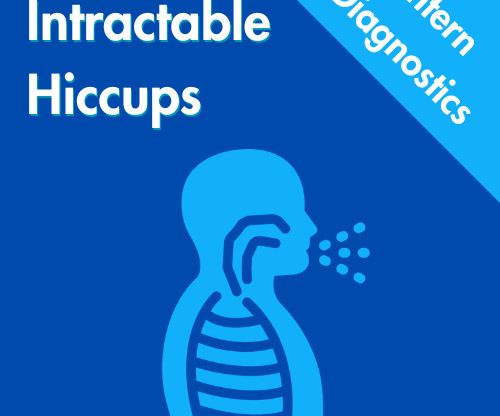emDOCs Podcast – Episode 100: Acute Chest Syndrome Part 1
EMDocs
MAY 15, 2024
Other causes of sickling: acidosis, dehydration, inflammation, infection, fever, and blood stasis Sickling leads to vascular occlusion, end-organ ischemia, and decreased RBC lifespan, which, in turn, leads to pain crisis, acute anemia, sequestration, infection, and acute chest syndrome (ACS.) Infectious: bacterial or viral pneumonia ( M.




















Let's personalize your content